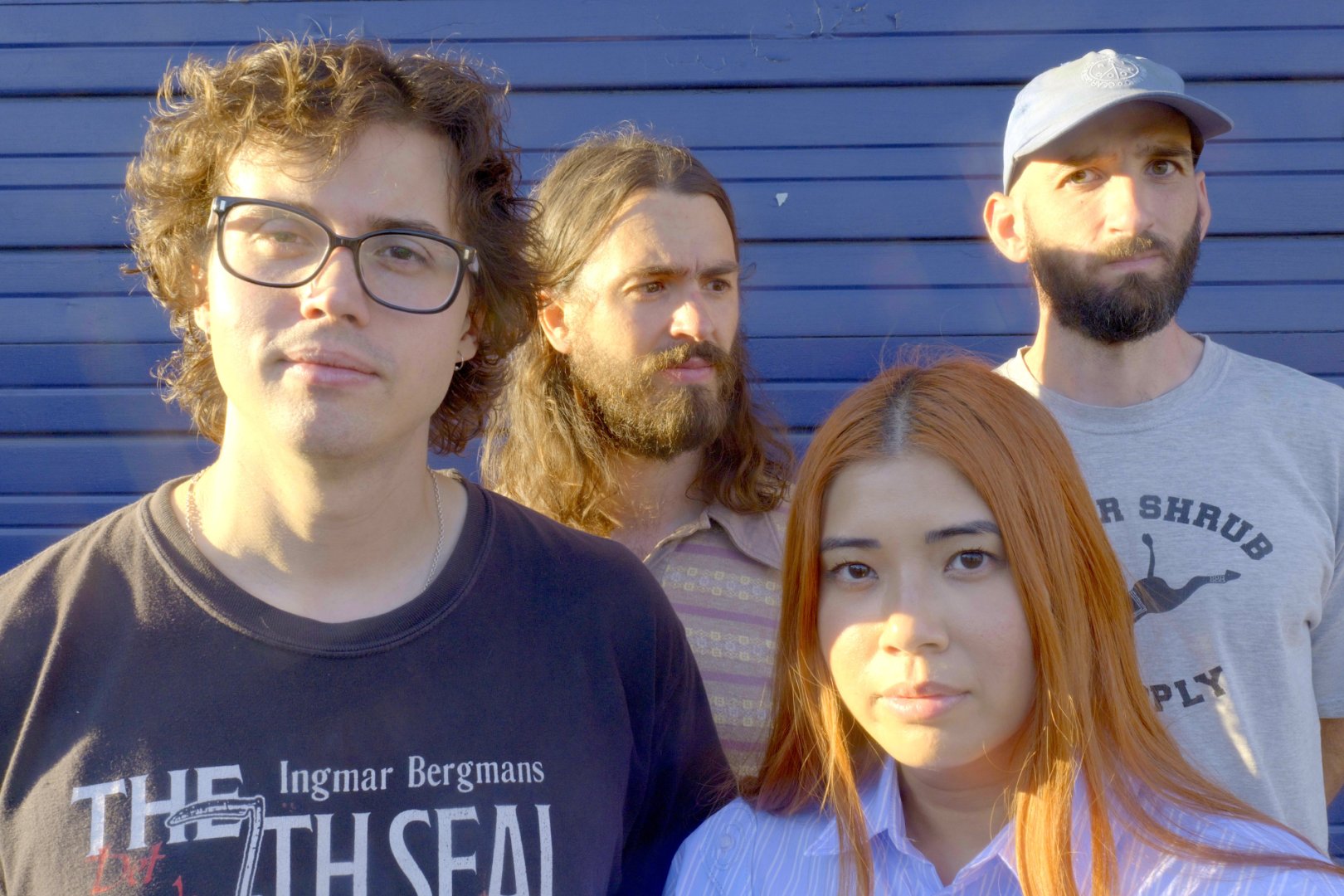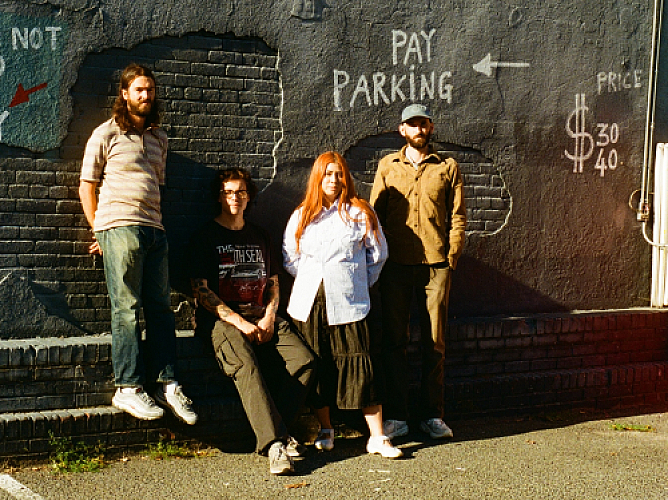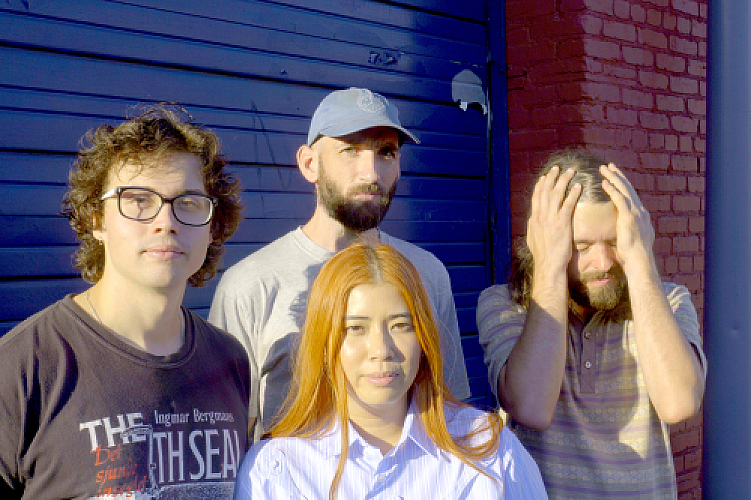
Glitterer

Agents:
Josh Stern
Merrick Jarmulowicz
- Territory:
WW ex-EU - Record Label:
Purple Circle Records - Publicity:
Purple Circle Records
Upcoming Shows
February 26, 2026
Cheyenne, WY
Thrash Zone
February 27, 2026
Denver, CO
Marquis
February 28, 2026
Omaha, NE
American Legion Post 1
March 02, 2026
Minneapolis, MN
7th St. Entry
March 03, 2026
Milwaukee, WI
Cactus Club
March 04, 2026
Chicago, IL
Subterranean
March 05, 2026
Clinton Twp, MI
Edgemen
March 06, 2026
Columbus, OH
Dirty Dungarees
March 07, 2026
Toronto, CAN
Hard Luck
March 08, 2026
Ottawa, CAN
The Rainbow Bistro
March 09, 2026
Montreal, CAN
Toscadura
March 11, 2026
New York, NY
Bowery Ballroom
March 12, 2026
Philadelphia, PA
First Unitarian Church
March 13, 2026
Baltimore, MD
Ottobar
April 12, 2026
Indio, CA
Coachella Valley Music & Arts Festival
April 19, 2026
Indio, CA
Coachella Valley Music & Arts Festival
June 28, 2026
Manchester, GBR
Outbreak Festival
News & Press
There are no articles available for this artist.




